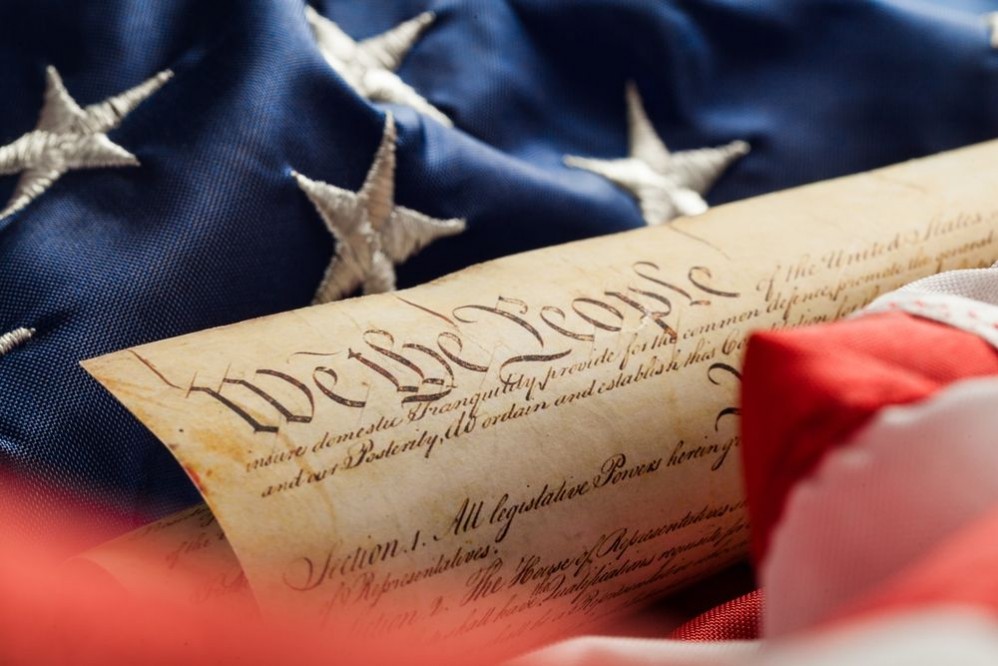The Concealed Carry Reciprocity Act would simply prevent states from punishing constitutionally-protected activity, in a less severe manner than the Civil Rights Act of 1964.
Gun owners in the U.S. who live along state lines are often only a few missteps away from years in prison. Consider the case of a Pennsylvania mother of two, Shaneen Allen, who was legally armed before she crossed a state line. One moment she was completely within the confines of the law, the next she was facing years in prison. If it weren’t for a media blitz that got the attention of New Jersey Governor Chris Christie, who pardoned her, she might have spent much longer in jail than the 48 days she did. This happens to countless otherwise law abiding people every year, and is the type of injustice the Concealed Carry Reciprocity Act of 2017 was written to address.
The act would result in concealed carry licenses being treated more like driver’s licenses, requiring all U.S. states to recognize carry permits granted by other states. The bill is praised by the NRA, who says it should “end abuses in anti-gun states like California, New York and New Jersey and allow law-abiding concealed carriers to exercise their rights nationwide with peace of mind.”
As with any attempt to liberalize gun law in America, the bill has been met with fierce opposition from the political left. Gun control advocates (mostly Democrats) have characterized it as an affront to state’s rights, which sounds ironically similar to the rejected arguments conservatives made about gay marriage. Groups like Moms Demand Action have claimed the bill “would effectively turn the weakest state’s laws into nationwide laws.”
 |
| LINK: What States Will Honor My Permit? |
Fortunately, and predictably, the reality is a bit different from what is projected by politicians.
Calling The Concealed Carry and Reciprocity Act an affront to state sovereignty would be a great argument prior to the Civil War, but a little thing called the 14th Amendment renders the argument moot. The 14th Amendment forbids states from abrogating the people’s constitutional rights. All the Concealed Carry and Reciprocity act would do is serve to prevent a state from punishing people for constitutionally-protected activity, in a manner much less severe than the Civil Rights Act of 1964.Read the rest from Matthew Larosiere HERE at The Federalist.
If you like what you see, please "Like" us on Facebook either here or here. Please follow us on Twitter here.


No comments:
Post a Comment